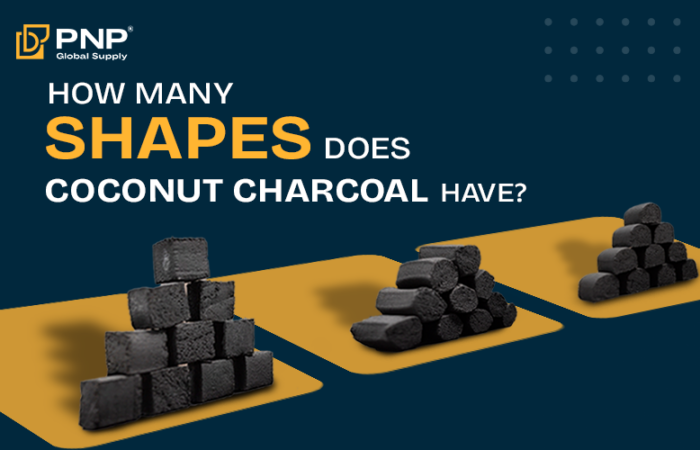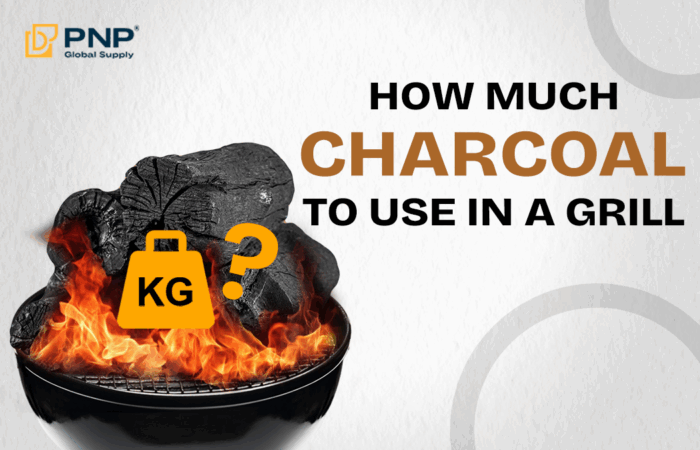Grilling has long been a beloved culinary tradition. Whether you’re preparing a feast for friends or enjoying a quiet weekend BBQ, small techniques can make a big difference—one of the most curious and effective among them is putting salt on charcoal. Though it may seem unusual, this method is backed by both tradition and science. In this article, we’ll explore the reasons people sprinkle salt on burning charcoal, its practical benefits, and how it interacts with different types of grilling fuels like BBQ charcoal lumpwood and briquettes.
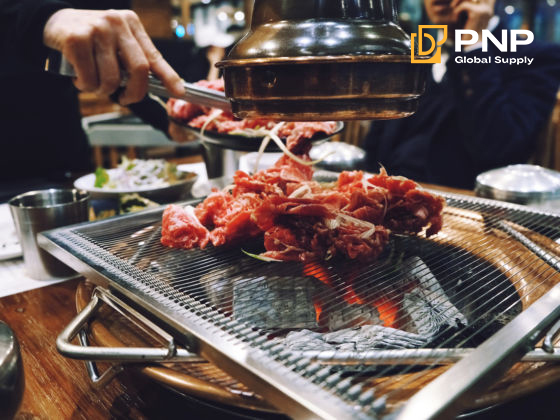
What Happens When Putting Salt on Charcoal?
At first glance, the idea of throwing salt onto hot coals might seem unnecessary—or even pointless. But there’s more to it than meets the eye. In reality, putting salt on charcoal brings several advantages that can elevate your grilling experience.
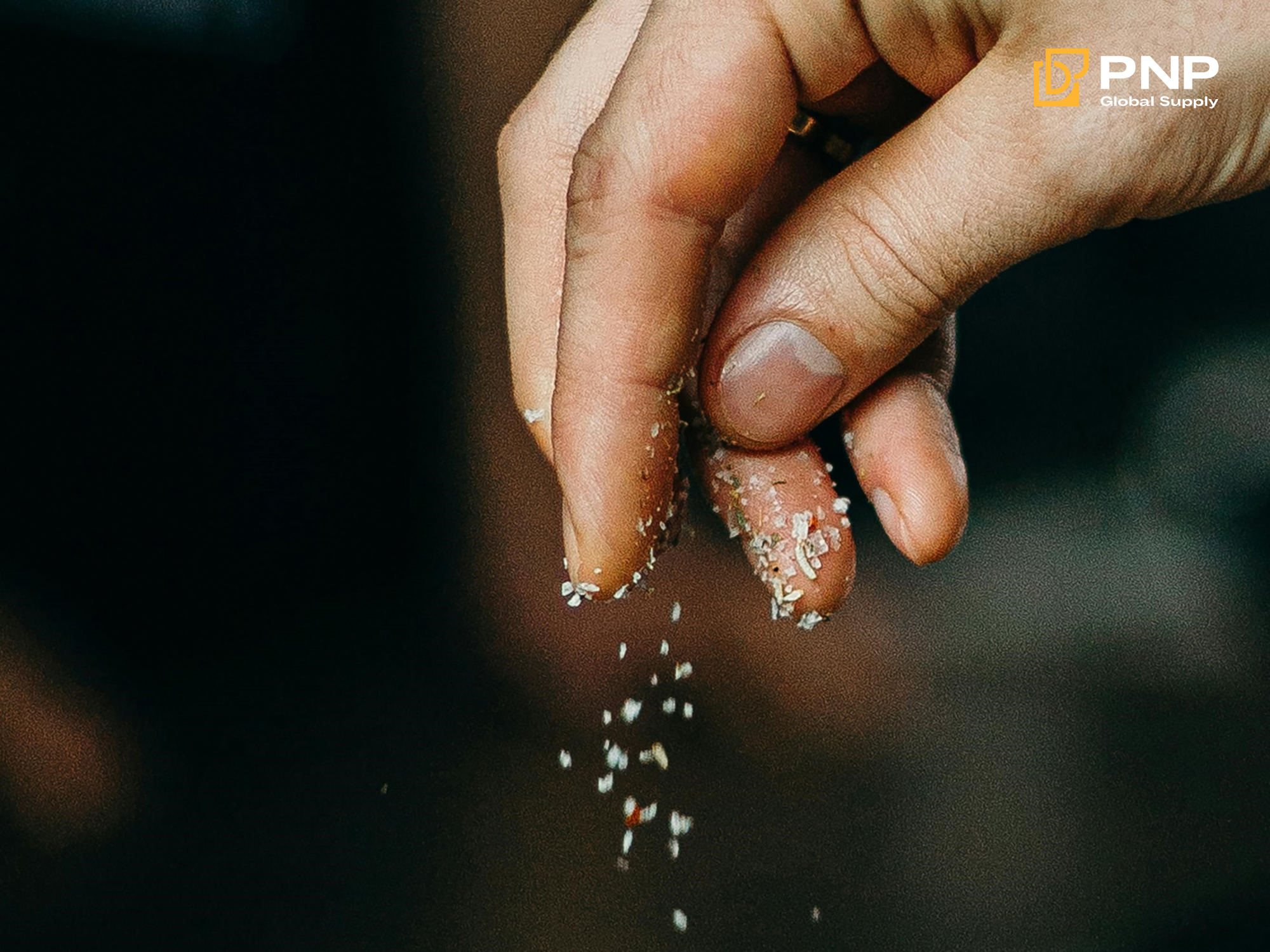
Flavor Enhancement
When salt is added to high heat, it releases subtle mineral compounds into the air. These compounds blend with the smoke and are absorbed by the food, enriching its natural flavors. Unlike regular seasoning applied to food surfaces, salt on charcoal creates a smoky, savory infusion that penetrates more deeply. This method enhances meats, vegetables, and seafood alike with a balanced, natural taste that’s hard to replicate.
Reducing Flare-Ups
Grilling over charcoal often results in sudden flame bursts when fat drips onto the coals. These flare-ups can burn delicate foods or char your meat too quickly. Sprinkling salt on burning charcoal helps moderate these flare-ups. The salt creates a buffer, dampening aggressive flames and allowing for a more even cooking temperature—especially useful for foods like fish or skewers.
Improved Heat Control
One of the key struggles when grilling with charcoal is maintaining stable heat. The fire can spike or die down unexpectedly. Salt slows down the combustion process, helping to maintain consistent heat. This steady burn means fewer temperature spikes and a more predictable grilling environment, especially helpful when using BBQ charcoal lumpwood, which tends to burn hotter and faster.
Easier Cleanup
Few people enjoy scrubbing a greasy grill. Another bonus of putting salt on charcoal is that it helps break down grease and food drippings. Salt absorbs excess fat and ash, minimizing buildup on the grill grates. The result? Less mess and easier maintenance after your BBQ.
Salt on Charcoal vs Other Grilling Methods
When you compare salt on charcoal with other flavoring or heat control techniques, it stands out for being both simple and effective. But how does it work across different types of charcoal?
BBQ Charcoal Lumpwood vs Briquettes: Which Responds Better to Salt?
Grillers often debate briquettes vs lump charcoal, and understanding how salt interacts with each can help you get the best results.
- Lumpwood Charcoal
Made from natural hardwood, BBQ charcoal lumpwood burns hotter and faster. While this makes it excellent for searing, it also makes it prone to flare-ups and uneven heat. Sprinkling salt on this type of charcoal helps balance the intensity and stabilize the fire, giving you better control without sacrificing that authentic wood-fired flavor.
- Briquettes
Charcoal briquettes burn longer and more evenly, thanks to added binders and fillers. While they already offer good temperature control, putting salt on charcoal still helps minimize excess smoke and can enhance flavor. For slow-cooked meats and longer grilling sessions, this technique still offers subtle improvements.
Which Benefits More from Salt?
Between briquettes vs lump charcoal, lumpwood arguably benefits more from salt, thanks to its natural volatility. That said, both fuel types can be improved with this simple trick—particularly if you’re grilling multiple items and want consistent results.
How to Use Salt on Charcoal Effectively
To get the most out of this technique, here’s a quick step-by-step guide for putting salt on charcoal:
- Step 1: Prepare the Grill
Before adding any coals, sprinkle a layer of coarse salt (like kosher or rock salt) at the bottom of your grill. This helps absorb grease and keeps your grill cleaner.
- Step 2: Add Your Charcoal
Arrange your BBQ charcoal lumpwood or briquettes over the salt. Spread them evenly to ensure consistent heat.
- Step 3: Sprinkle Salt on Top
Once the charcoal is in place, lightly sprinkle another layer of salt over the top. This will interact with the burning process to regulate temperature and reduce smoke.
- Step 4: Ignite and Grill
Light your charcoal as usual. As it heats up, the salt will begin to work—moderating flames, reducing smoke, and subtly enhancing the flavor of your food.
What to Grill When Using Salt on Charcoal
This method is particularly effective when grilling fatty meats like pork belly or beef ribs, which tend to cause flare-ups. It’s also a great trick for fish, which can dry out quickly over high flames. For vegetable skewers, the controlled heat ensures they cook evenly without burning.
Don’t be afraid to experiment with different foods—putting salt on charcoal works across the board to improve results and minimize common grilling challenges.
Boost the Results with PNP Charcoal
No matter how clever your technique, your results depend on the quality of your fuel. That’s why many grillers choose PNP Charcoal—a trusted supplier of premium BBQ charcoal lumpwood and briquettes made from top-tier hardwoods like eucalyptus, mangrove, and coffee wood.
PNP Charcoal offers:
- High, consistent heat
- Long burn time
- Low smoke and minimal ash
- Clean-burning properties ideal for salt application
When you combine high-quality charcoal with effective techniques like putting salt on charcoal, the results speak for themselves: richer flavor, better control, and a smoother grilling experience.
Explore more high-quality charcoal options at pnpcharcoal
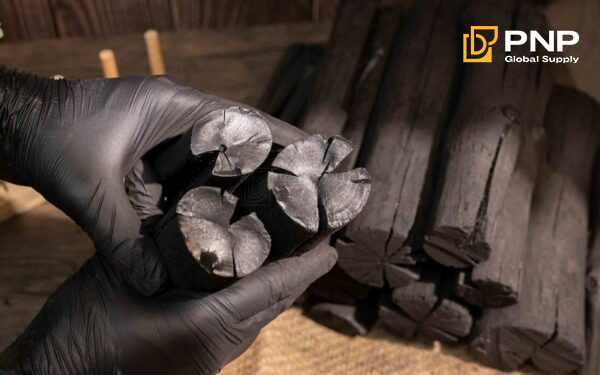
Conclusion
Putting salt on charcoal may seem like a small step, but it can have a big impact. From enhancing flavor and controlling smoke to easing post-grill cleanup, it’s a simple way to upgrade your BBQ sessions. Whether you’re using BBQ charcoal lumpwood or briquettes, this method adds control and flavor with minimal effort. Try sprinkling salt on burning charcoal the next time you light the grill—and taste the difference for yourself.
________________________________
Contact us for more information
Facebook: PNP Charcoal
Instagram: PNP Charcoal
Email: info@pnpglobalsupply.com

